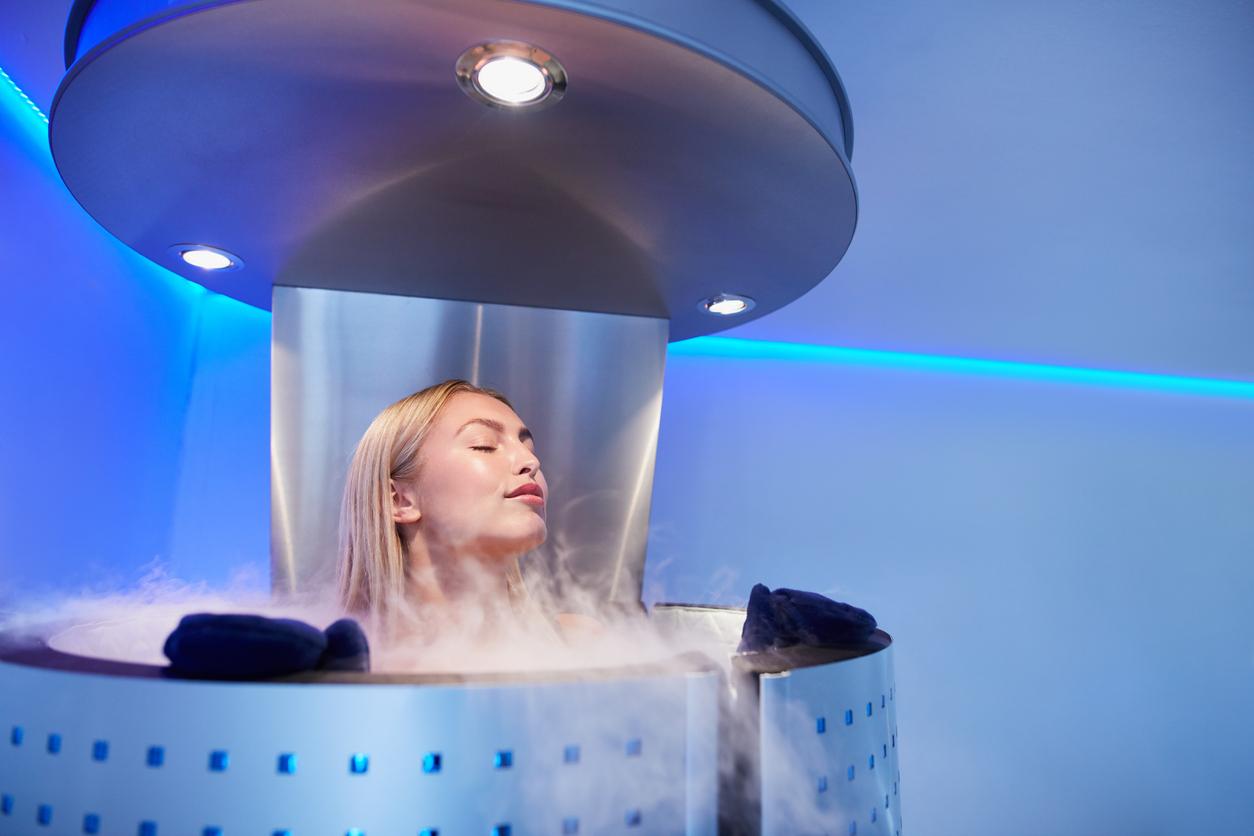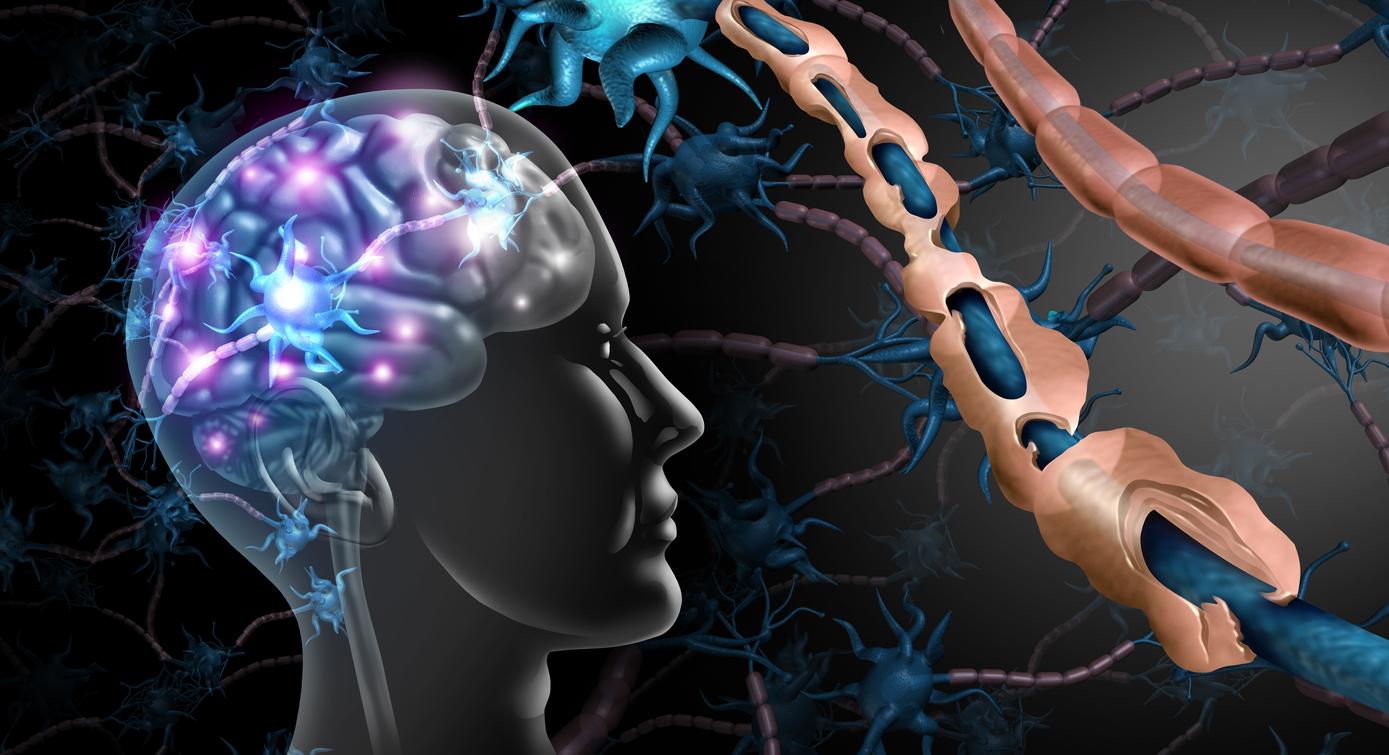The mutation of the “Factor 12” gene, which is hereditary, would explain in some people the presence of cold urticaria which cannot be cured by antihistamines.
-1590157240.jpg)
- The discovery of the hereditary “Factor 12” mutation would explain the appearance of cold urticaria.
- During cold temperatures, the body automatically triggers skin inflammation.
- Hereditary cold urticaria cannot be cured with antihistamines.
Exposure to cold temperatures can lead to the appearance of hives on the skin, with pain in the head and joints has been linked to a previously unknown genetic disease. This is confirmed by the latest research from the Charité Medical University in Berlin (Germany), in a study published in the journal NatureCommunications. Symptoms of rash and head and joint pain in patients with Familial (Hereditary) Cold Urticaria develop when exposed to temperatures below 15°C, which was previously unknown .
According to the team, this is a new form of this inflammatory skin disorder. Thanks to their research, they have also managed to understand why conventional treatments have remained ineffective in treating this disease. According to the researchers, people suffering from this disease develop mild symptoms, and it takes a few years for it to subside and disappear.
Hereditary genetic defect
Researchers have not understood why it appears, but they have found that a small number of people suffering from this disease inherit it from their parents. In these people, the immune system’s response to cold temperatures is due to a genetic defect that causes systemic inflammation, including fever and joint pain in addition to rashes.
The team of researchers, led by Dr. Karoline Krause from the Department of Dermatology, Venereology and Allergology at Campus Charité Mitte, discovered a new form of cold urticaria which they believe is caused by a mutation in the “Factor 12” gene. ”, hitherto unknown. Researchers have come up with the name “Factor XII-Associated Cold Autoinflammatory Syndrome,” or FACAS, for this inherited disease that was discovered.
“Our report covers several members of the same family seen in our service. At least one person from each generation of this family has reported identical symptoms, which they suffered from since birthexplains Karoline Krause. These people all developed a burning rash after 30 minutes of exposure to temperatures below 15°C. The rash was exacerbated by wind and humidity, and did not subside until several hours after the individual returned to a warmer room.”
The ineffectiveness of antihistamines
Many of the patients suffering from this disease also reported other symptoms such as chills and fatigue, in addition to headaches and joint pain. The research team also found that these people do not respond to the cold provocation test known as the “ice cube test”, whereas people who develop cold urticaria respond to these tests spontaneously. They also do not respond to antihistamines, which are given to sufferers for the treatment of cold urticaria.
According to Karoline Krause, “the symptoms in the family were clearly indicative of an inherited form of cold urticaria”, explains the dermatologist. So we studied the genetic information of the affected person, looking for the mutations that are known to cause the inherited form of the disease, but to no avail. What we found instead was a previously unknown defect in the factor 12 gene.”
The genetic defect also activates the contact system pathway, which has been shown in research and discovered that hives are actually produced due to the subsequent release of inflammatory mediators.
“Interestingly, defects in the factor 12 gene were previously known to cause a very different condition that we call hereditary angioedema. If the symptoms reported by patients with FACAS are those of hereditary cold urticaria, the underlying mechanisms causing these symptoms are entirely different.notes Caroline Krause. These patients may therefore benefit from treatment with drugs normally used in hereditary angioedema.”
Interestingly, one of the patients with FACAS showed an immediate response when given icatibant, a drug normally used to treat acute attacks of hereditary angioedema. Upon administration, the patient’s cold-induced symptoms resolved rapidly and almost completely.
.
















